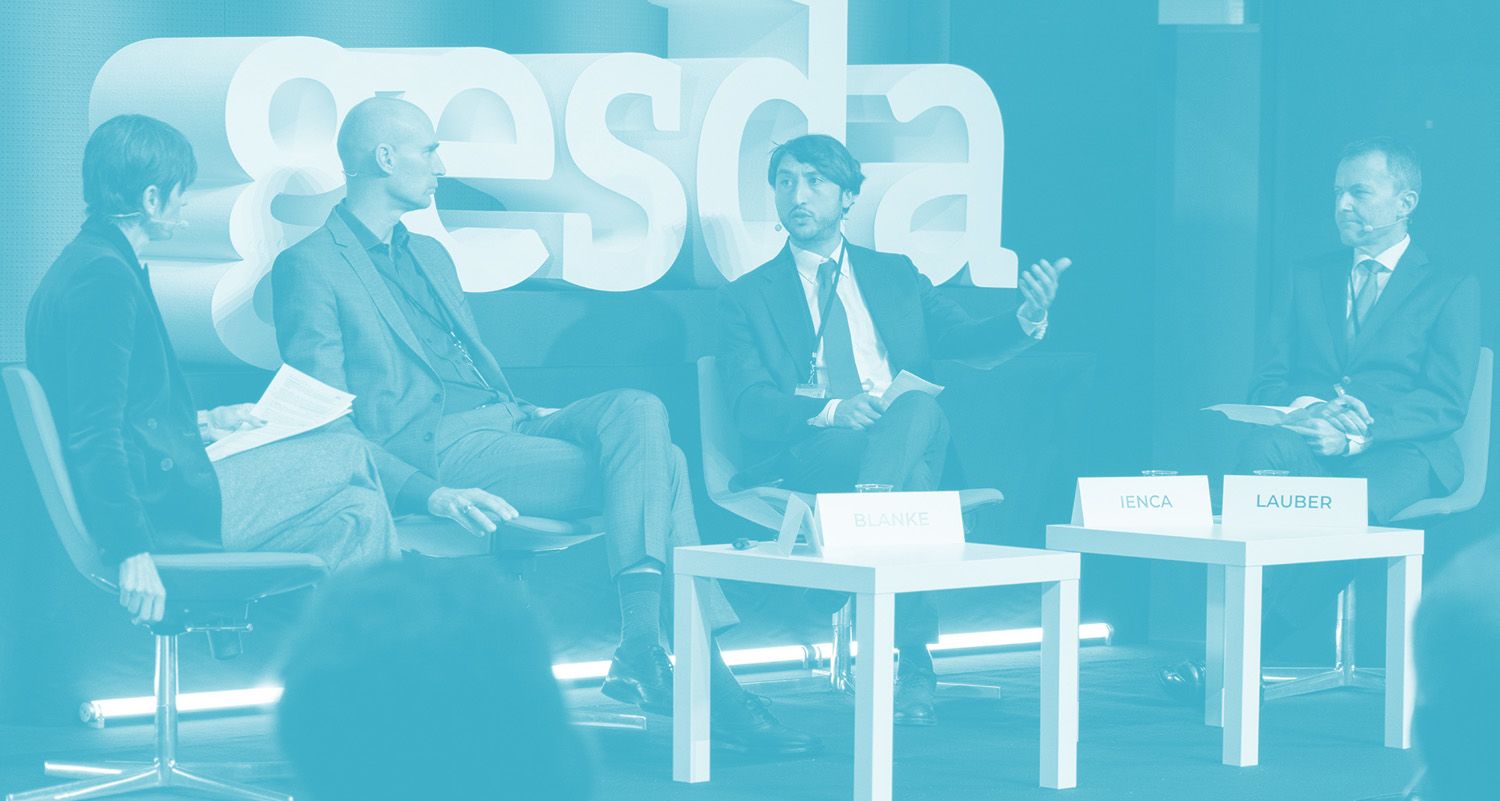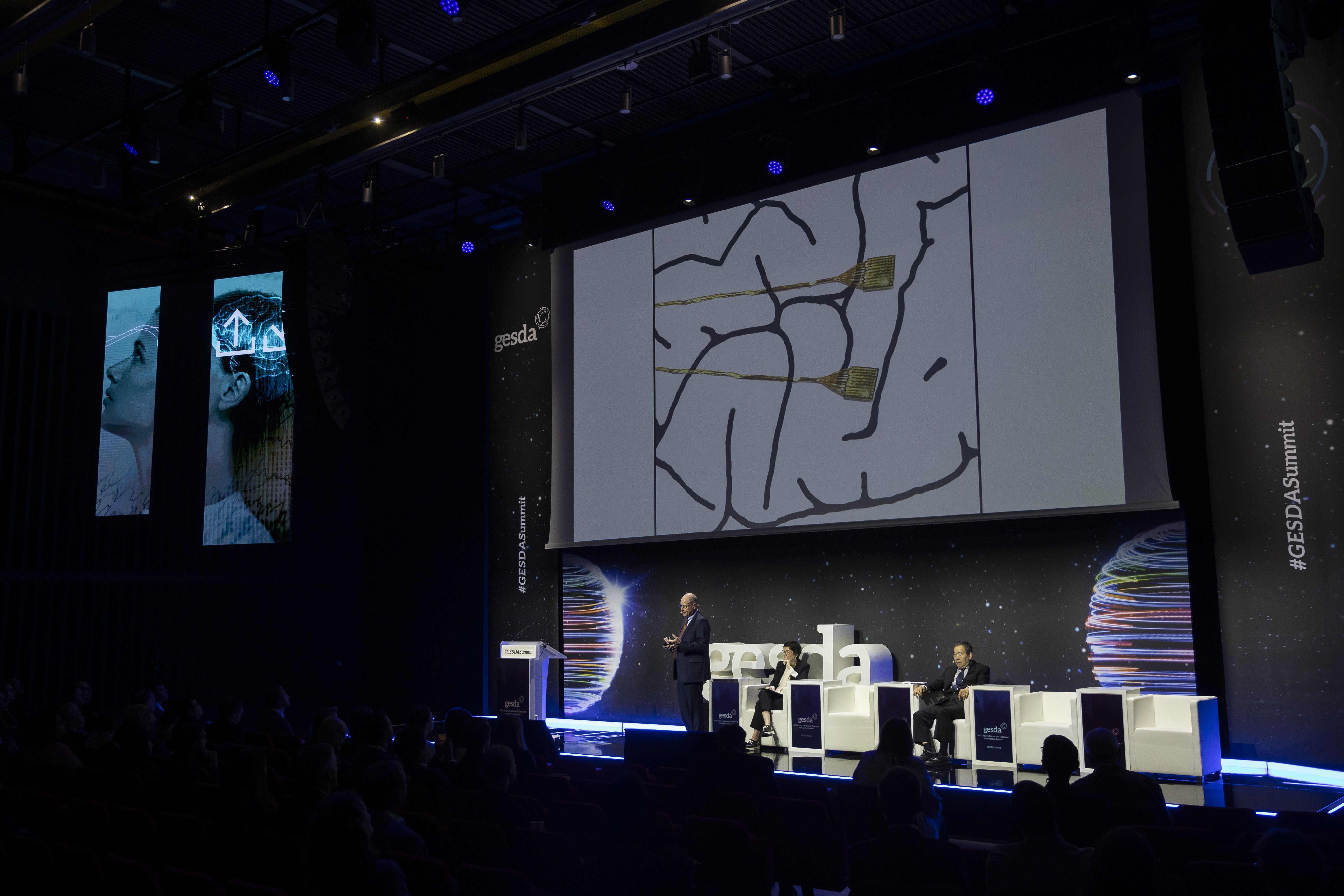Dr. Marcello Ienca is a senior research fellow at the Health Ethics and Policy unit, Department of Health Sciences and Technology, and an ordinary member of the Competence for Rehabilitation Engineering & Science at ETH Zurich, Switzerland. He is the PI of the projects "Neurotechnology, Artificial Intelligence and Human Rights", "Digitalizing Elderly Care", and "Personalized and Preventative Care". He is also involved in projects on AI ethics, big data in health research, and data protection in personalized health. Dr. Ienca has recently been awarded a generousERA-NET Neuron grant: together with co-PIs from Germany and Canada he will investigate, in 2021-2025, the interaction between human and artificial cognition through neural interfaces and the resulting experiential, ethical and policy implications.Dr. Ienca's scholarship focuses on the ethical, legal, social and policy implications of emerging technologies. In particular, he investigates the broader implications of new (and often converging) sociotechnical trends such as Artificial Intelligence (AI), big data, digital epidemiology, robotics, assisted living, digital health, social media, dual use, and neurotechnology. He uses both theoretical and empirical methods to explore the requirements for responsible innovation, ethically-aligned technology design, user-centred design, and human-centered technology assessment.Dr. Ienca is actively involved in science and technology policy within international organizations and professional societies. In particular, he is an appointed member of the Organisation for Economic Co-operation and Development’s (OECD) Steering Committee on Neurotechnology and the representative of the Swiss Delegation (appointed by the Swiss State Secretariat for Education, Research and Innovation, SERI). He has also been invited to serve as an expert advisor to the Council of Europe’s Ad Hoc Committee on Artificial Intelligence and the Bioethics Committee. Dr. Ienca has written reports for the OECD, the Council of Europe, and the European Parliament's Panel for the Future of Science and Technology and had several leadership roles within the International Neuroethics Society.Prior to joining ETH, Dr. Ienca has obtained B.A., MSc, MA and PhD degrees with summa cum laudehonours from the University of Rome La Sapienza, the Humboldt University of Berlin, KU Leuven (Erasmus Mundus Consortium) and the University of Basel. He was also a visiting scholar at the New York University.Ienca has received several awards for social responsibility in science and technology such as the Vontobel Award for Ageing Research (Switzerland), the Prize Pato de Carvalho (Portugal), the Sonia Lupien Award (Canada), the Paul Schotsmans Prize from the European Association of Centres of Medical Ethics (EACME) and the Data Privacy Plaque of Honour, awarded by the Italian Data Protection Authority. He has authored one monograph, several edited volumes, +60 scientific articles in peer-review journals, several book chapters and is a frequent contributor to Scientific American. His research was featured in academic journals such as Neuron, Nature Biotechnology, Nature Machine Intelligence, Nature Medicine and media outlets such as Nature, The New Yorker, The Guardian, The Times, Die Welt, The Independent, the Financial Times and others.Furthermore, Dr. Ienca strongly supports open science, outreach and public engagement. He is committed to a holistic view of research that is not restricted to academia alone but involves an open approach to science communication, outreach and public engagement. Among other things, he is an open-science and open-data enthusiast and a human rights activist





